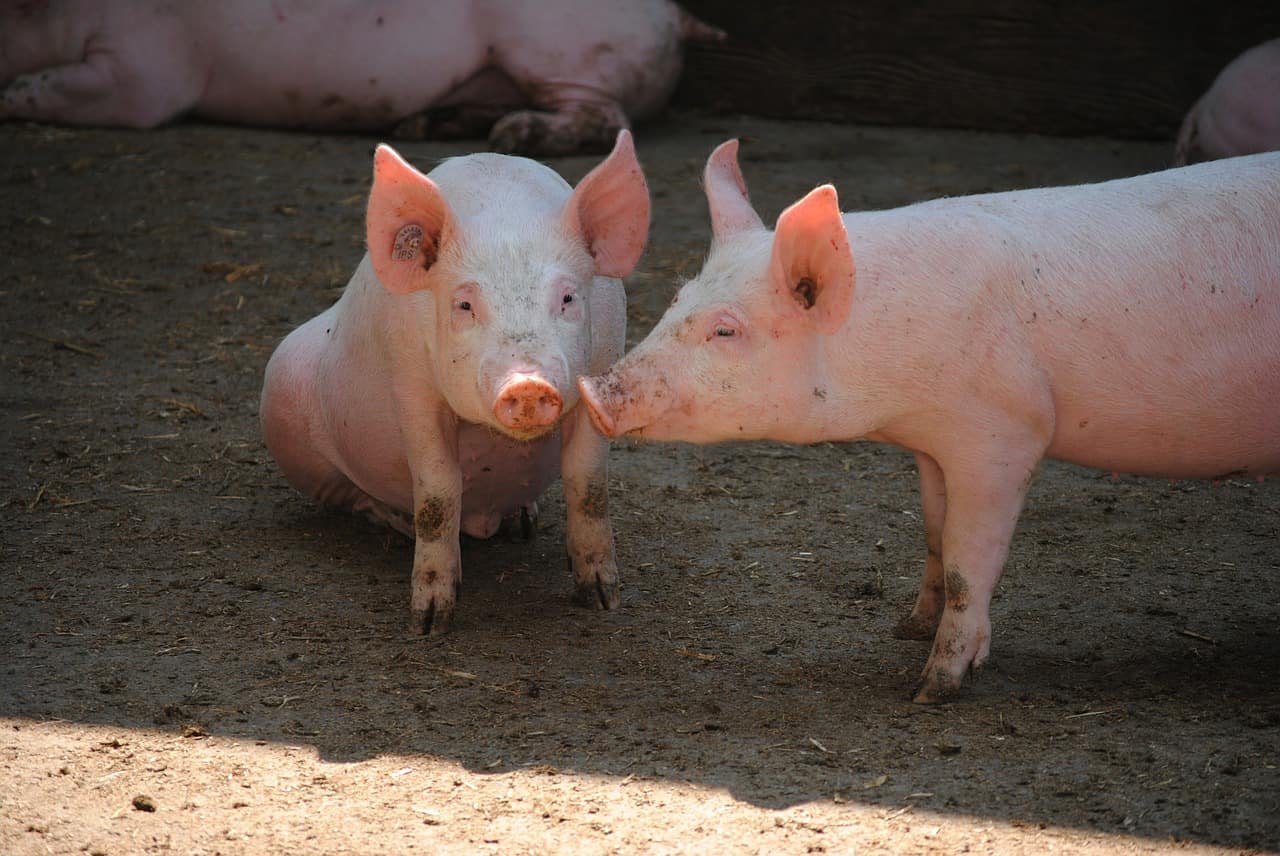Chinese Scientists Use CRISPR Gene Editing To Produce Low-Fat Pigs

Each year, pig farmers in China unfortunately lose millions of piglets due to cold weather. Pigs lack a gene that allows them to regulate their body temperature the same way humans do, and thus, the cold weather can prove fatal to young piglets. Fortunately, Chinese scientists have been able to use CRISPR, a gene-editing technology, to develop low-fat pigs that can take the cold and are healthier for us to consume as well.

A paper from the Proceedings of the National Academy of Science journal describes how the pigs use their new genetic properties to burn fat in cold weather to stay warm. By doing this, the animals can have up to 24% less body fat, saving farmers the lives of millions of piglets while not having to spend millions on heating and feeding costs for their livestock.
The researchers were able to give the pigs these new properties through direct gene editing. They used CRISPR to edit a mouse version of the heat-regulating gene into pig cells, and were able to produce a dozen male pigs that could keep themselves warm. The pigs were reportedly healthy and normal throughout the research, and one even produced healthy offspring.
In terms of flavor, the scientists told NPR that they don’t think the gene editing will cause a change in how the pigs taste, and could actually increase consumer preference. “People like to eat the pork with less fat but higher lean meat,” one of the researchers said.
All of this means that the low-fat pigs will be cheaper to produce, have a higher yield since less will die to the cold, be healthier, and still taste delicious. It’s unlikely, due to negative perception of GMOs, that meat from these genetically altered pigs will ever make it to the USA. However many other parts of the world, especially China, will be able to benefit from the lower costs and increased accessibility the raising of these pigs will provide.






















